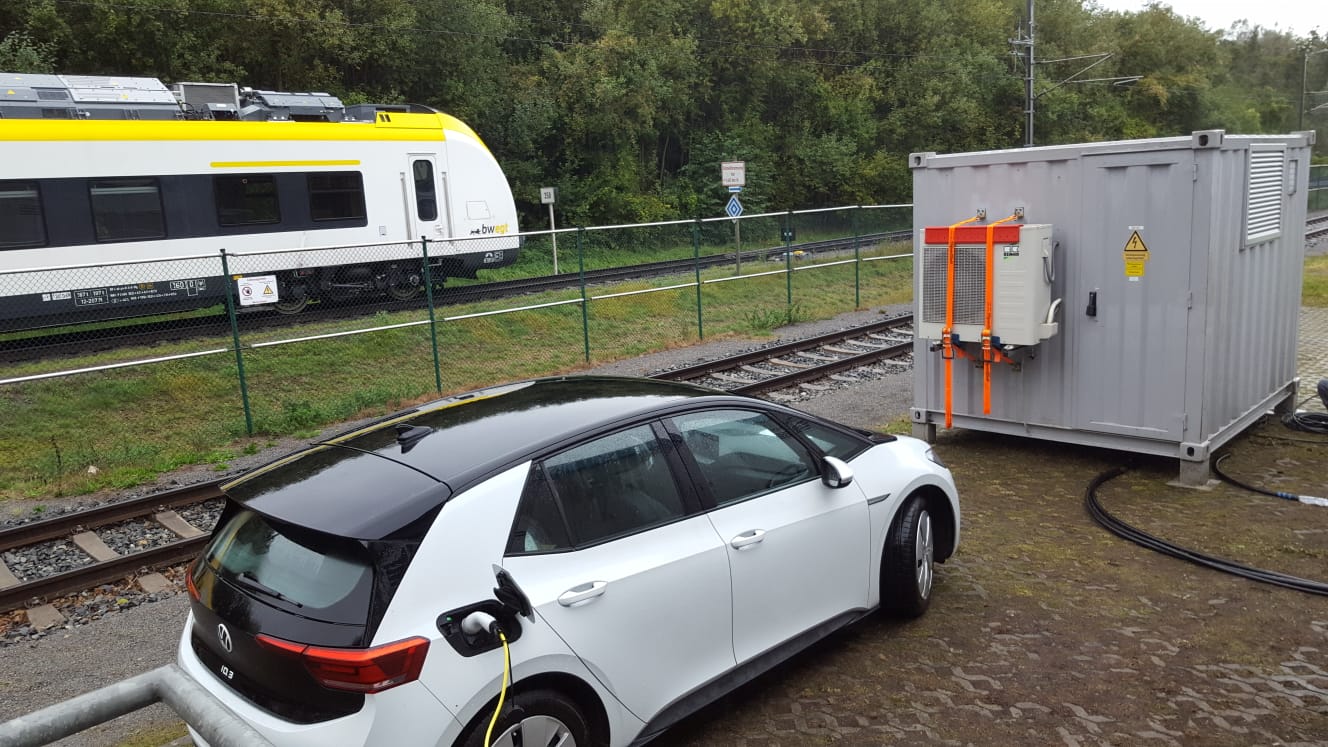Compliance with DGUV Regulation 3 is of great importance for corporate executives. This set of rules not only ensures safety at the workplace but also protects against legal liabilities. In our comprehensive guide, we illuminate all aspects of the regulation – from the reasons for inspection necessity to the inspection intervals, documentation, and liability. DGUV Regulation 3 is a central standard for the safe operation of electrical systems and equipment. It mandates that all electrical installations and devices must be regularly inspected by a qualified electrician. This not only ensures functionality but also protects employees and operations from accidents and failures. Documentation of the inspections is as important as the inspections themselves, as it serves as proof in case of damage. Negligence can lead to liability issues and endanger operational safety.
- Legal Necessity of Inspection under DGUV Regulation 3
Inspection under DGUV Regulation 3 (formerly BGV A3) is legally prescribed for several reasons: It prevents work accidents, fulfills insurance requirements, and prevents production downtime. The legal basis is found in the Occupational Safety and Health Act (ArbSchG), the Industrial Safety Regulation (BetrSichV), and the Technical Rules for Workplace Safety (TRBS).
Prevention of Electrical Accidents and Fire Protection
A key aspect of DGUV V3 is protection against electrical accidents. Regular inspections can identify and eliminate hazards early, significantly increasing workplace safety. Fire protection also plays an important role, as defective electrical systems are often the cause of fires.
Legal Framework
The legal foundations of occupational safety are complex and extensive. Our expertise helps you understand and implement the requirements of DGUV Regulation 3.
- Scope of Inspection under DGUV Regulation 3
DGUV V3 prescribes a comprehensive inspection of all electrical equipment. This includes portable devices like power tools, stationary systems like air conditioners, and electrical machines. The inspection includes visual checks, measurements, and functional tests to ensure all safety requirements are met.
- Inspection Intervals According to DGUV V3
Inspections must be carried out before first use, after changes or repairs, and at regular intervals. The determination of these periods is based on an individual hazard assessment that considers various operational factors, such as manufacturer’s instructions, intensity of use, and environmental influences.
- Inspection of Portable Equipment
Portable equipment requires precise inspection. Various testing methods are used to ensure protection against electric shock. The measurements are based on relevant standards such as DIN VDE 0701-0702.
- Inspection of Stationary Installations
Stationary installations require detailed preparation and execution of inspections. This includes checking the proper condition as well as the control of protective measures and the measurement of important electrical values. The standard DIN VDE 0105-100 serves as a guideline.
- Qualification of Inspectors
Only a qualified electrician is allowed to conduct inspections under DGUV Regulation 3. They must have the necessary training, experience, and knowledge of current regulations. In certain cases, electrically instructed persons may also be active under supervision.
- Optimization of Inspection
The efficiency of inspections can be significantly increased through long-term cooperation with experienced service providers and the use of modern IT-supported inspection and documentation systems. This leads to an optimal cost-benefit ratio and supports proactive maintenance, also known as predictive maintenance.
- Documentation Obligations
Proper documentation of inspection results is legally required and serves as proof of regular control. It must contain a number of minimum details to be able to prove compliance with regulations in case of damage.
- Liability Issues
In case of damage, the entrepreneur bears the responsibility for the safety of the work equipment. The liability for inadequate inspection lies with the company managers. It is therefore essential to ensure professional execution and documentation of the inspections.
- Cost of Inspection
The costs for a DGUV V3 inspection depend on various factors and cannot be generalized. An individual cost assessment is therefore unavoidable.
- Recommended Additional Services
In addition to mandatory inspections, collecting and evaluating measurement and metadata can provide significant added value. Services in the field of Industry 4.0 enable efficient use of this data. We stand by your side as a competent partner and support you in all questions concerning DGUV Regulation 3. The morEnergy team consists of specially trained electricians who are further educated for low and medium voltage levels and have the legally required switching authorizations. Beyond the legal minimum requirements, we test all systems with our own ONIS devices, which serve as resonance detectors and thus can detect errors in the higher frequency electrical network environment and recognize future failures or increased wear on electrical components. Contact us for comprehensive advice and tailored solutions.

